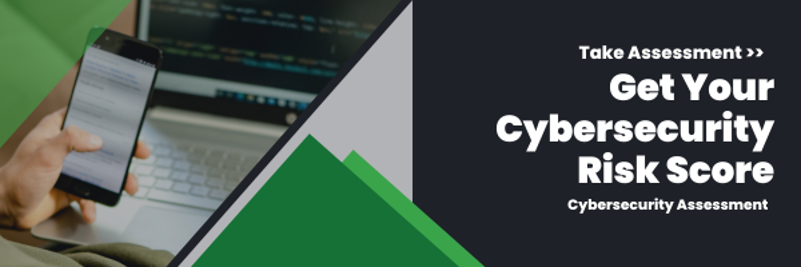As we approach 2025, the cybersecurity landscape is undergoing significant transformations, driven by technological advancements and evolving regulatory frameworks. Governments and industries worldwide are introducing new frameworks and legislation to address the increasing complexity and scope of cyber attacks.
Organizations must adapt to these changes to safeguard their digital assets and maintain compliance.
Read: The Ideal Cybersecurity Program for SMBs
Emerging Cyber Threats in 2025
The proliferation of artificial intelligence (AI) is revolutionizing various industries, but it has also led to more sophisticated cyber attacks. Adversaries are leveraging AI to develop advanced malware, execute complex phishing schemes and automate hacking attempts, making traditional defense mechanisms less effective.
The Internet of Things (IoT) has also expanded the attack surface for cyber criminals, leading to new cybersecurity risks. These devices often lack robust security measures and can be exploited to launch large-scale attacks throughout networks.
Targeting third-party vendors and suppliers and their vulnerabilities has become a popular tactic for cyber criminals. By compromising a single point in the supply chain, attackers can gain access to sensitive information and disrupt critical operations.
Additionally, the advent of quantum computing poses a potential threat to current encryption standards, necessitating the development of quantum-resistant cryptographic solutions.
Read: Does AI Help or Hurt Cybersecurity?
Key Cybersecurity Strategies
- Adoption of zero-trust architectures: Companies are increasingly turning away from traditional network security and implementing zero-trust models, which operate on the principle of “never trust, always verify.” This approach requires continuous authentication and authorization of users and devices, minimizing the risk of unauthorized access and data breaches.
- Integration of AI in defense mechanisms: To counter AI-driven threats, cybersecurity defenses are incorporating AI and machine learning to detect anomalies and respond to threats in real-time. This proactive stance enhances the ability to accurately detect and mitigate attacks before they cause significant damage.
- Preparation for quantum computing: With quantum computing on the horizon, organizations are beginning to adopt quantum-resistant encryption methods to protect sensitive data against future decryption capabilities.
- Employee training: Educating staff on compliance requirements, cybersecurity best practices and how to identify and report a cyber threat is a crucial security feature.
- Incident response planning (IRP): A well-defined IRP is essential for minimizing the impact of cyber attacks. Organizations should regularly test their IRP to ensure it is effective and up-to-date.
Evolving Cybersecurity Regulations
In response to the dynamic threat environment, several new cybersecurity laws and frameworks are set to take place in 2025. These regulations are for businesses that operate in these states, even if they aren't physically there.
- Texas Data Privacy and Security Act (TDPSA): Effective Jan. 1, 2025, TDPSA mandates that organizations doing business in Texas implement robust data protection measures and provide consumers with rights regarding their personal information, including access to, correction of or deletion of their data. Companies must also outline how they collect, store and use personal data.
- Tennessee Information Protection Act (TIPA): Starting July 1, 2025, TIPA requires businesses handling the personal data of Tennessee residents to adhere to stringent data privacy and security standards.
- New York Department of Financial Services (NYDFS): The NYDFS has implemented stringent cybersecurity regulations for financial institutions operating in New York. Expect further refinements in 2025, including stricter requirements for risk assessment, incident response and third-party risk management.
Looking Ahead with Thriveon
Cybersecurity laws in 2025 reflect a global commitment to tackling the challenges of an interconnected digital world. Businesses must remain proactive, adopting compliance measures and leveraging advanced technologies to stay ahead of threats and protect valuable assets. One way to ensure this is by partnering with an award-winning managed service provider (MSP) like Thriveon.
We offer robust cybersecurity measures and fractional CIO services that protect your sensitive data from cyber threats while also maintaining compliance with regulations. This helps you avoid penalties and build trust and reliance in an era where cybersecurity is paramount.
Schedule a meeting today to see how we can help you in 2025.

